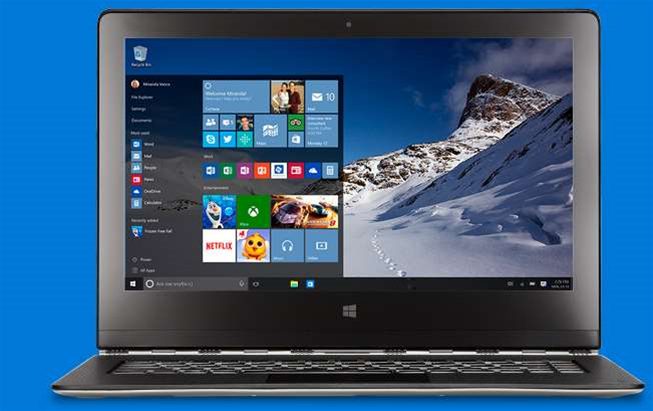Microsoft will block advertising injection software that uses man-in-the-middle techniques from next year to avoid a similar situation to Lenovo's Superfish scandal.

The software giant has updated its adware policy to say that ad software that shows ads on a browser can only install, execute or disable programs through the browser, in order to keep the unsafe adware off a user's computer.
Any ad software that does not notify the user through the browser that it wants to download or install a program will be blocked by Microsoft and marked as malware, the company said.
The new policy will be enforced from March 31 next year.
The software Microsoft is targeting can inject ads by proxy and change DNS settings without a user's consent, intercepting communications between the internet and the PC to inject advertisements and promotions into webpages from outside.
This type of adware gained attention with the Lenovo Superfish scandal.
The PC maker was found earlier this year to be shipping out laptops with the Superfish adware pre-installed. The software injected sponsored links into users' search results and installed man-in-the-middle certificates that would allow third parties to see users' sensitive data.
Lenovo agreed to stop preloading the Superfish software onto its devices after suffering a big backlash from users. It also provided a tool for users to strip Superfish from existing computers.


_(20).jpg&h=140&w=231&c=1&s=0)

_(28).jpg&h=140&w=231&c=1&s=0)






 iTnews Benchmark Awards 2026
iTnews Benchmark Awards 2026
 iTnews Executive Retreat - Security Leaders Edition
iTnews Executive Retreat - Security Leaders Edition
 iTnews Cloud Covered Breakfast Summit
iTnews Cloud Covered Breakfast Summit
 The 2026 iAwards
The 2026 iAwards












_(1).jpg&h=140&w=231&c=1&s=0)



